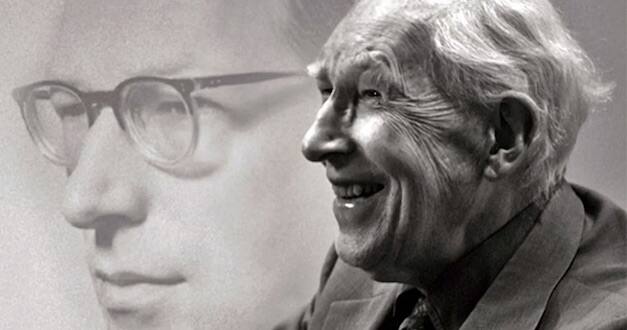J.I. Packer, author of ‘Knowing God,’ remembered after his death

Around the world people the book “Knowing God” as one of the bestselling theological books ever written. Its prolific author, J.I. Packer, died last week at age 93.
Packer, a lifelong Anglican, wrote hundreds of Christian books and articles for nearly 70 years. He was educated at Oxford University on scholarship. Packer believed that the most important project of his life was the English Standard Version of the Bible, for which he anonymously served as general editor.
“He called for the church to take holiness and repentance seriously by walking in the Spirit and fighting against indwelling sin,” said Justin Taylor, an executive vice president for book publishing at Crossway. “He defended biblical authority and championed the cause of disciple-making catechesis. And he reintroduced multiple generations to his beloved Puritan forebears, whom he regarded as the redwoods of the Christian faith.”
Packer has been described as “an unsung hero as well as a famous man.”
“Despite his celebrity status, Packer has been indefatigable in giving himself to people and projects in ways that are invisible to the public,” Leland Ryken wrote in “10 Things You Should Know About J.I. Packer” published by Crossway. “No audience is too small for Packer, and such venues as speaking to teenagers in a living room have been a standard feature of his life.”
Packer, who was raised in a nominally Anglican family and church, converted soon after he entered Oxford University where he attended an evangelistic service sponsored by the campus InterVarsity group. While he had defended Christianity in school debates earlier on, he realized that he was not a true Christian.
Jonathan Brook, lead pastor at Refuge Church in North Carolina, that “Knowing God” has been one of the most influential books in his life.
“Thankful to God for the life and ministry of JI Packer,” he said. “If you want to judge how well a person understands Christianity, find out how much he makes of the thought of being God’s child, and having God as his father. If this is not the thought that prompts and controls his worship and prayers and his whole outlook on life, it means that he does not understand Christianity very well at all.”
–Dwight Widaman | Metro Voice
Metro Voice is an Amazon Associate and is supported by the shopping habits of our readers. When you visit Amazon to shop for anything, Amazon supports us.








